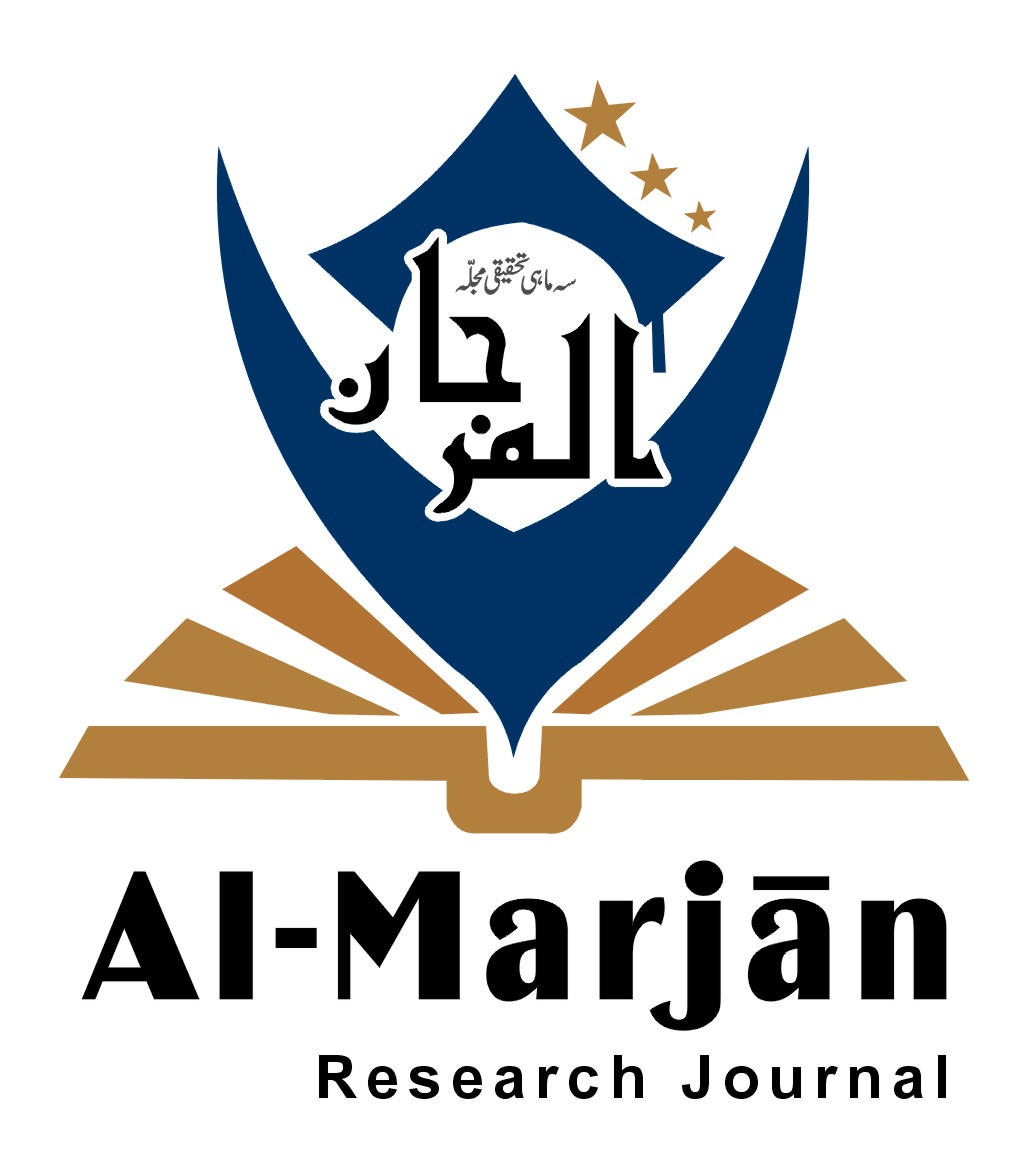Hadith Scholars of the Indian Subcontinent and the Practice on Weak Hadith: Principles, Conditions, and an Analytical Study
برصغیر کے محدثین اور ضعیف حدیث پر عمل: اصول، شرائط اور تجزیاتی مطالعہ
DOI:
https://doi.org/10.1234/rx8r5343Keywords:
Weak Hadith, Indian Subcontinent, Hadith Scholars, Deobandi, Barelvi, Ahl-e-ḤadīthAbstract
Hadith constitutes the backbone of Islamic sciences, playing a central role in shaping beliefs, legal rulings, and moral values. In the Indian subcontinent, the teaching, transmission, and compilation of Hadith have not only strengthened the Islamic scholarly tradition but also endowed it with a distinct identity. The Hadith scholars of this region have made significant contributions to the preservation, interpretation, and practical application of prophetic traditions. Among the most debated issues in this field is the practice of acting upon weak (ḍaʿīf) hadith. The divergent stances of scholars on this matter have contributed to the development of various schools of thought in the subcontinent, notably Deobandi, Barelvi, and Ahl-e-Ḥadīth. This paper offers an analytical study of the principles and conditions under which weak hadith have been accepted for practical use by scholars of the subcontinent. Drawing on historical, jurisprudential, and scholarly perspectives, it examines the criteria established for their application, such as limiting usage to non-essential religious matters (faḍāʾil al-aʿmāl), avoiding contradictions with established principles, and ensuring that the hadith is not fabricated (mawḍūʿ). The study also presents practical examples from classical and modern scholarship, including fatawā and commentaries that reflect varied approaches to weak hadith. Furthermore, it discusses the potential risks of misuse, such as innovation (bidʿah) and deviation, and proposes preventive strategies including public education and scholarly verification. The paper aims to present a balanced understanding of this nuanced and often misunderstood aspect of Hadith sciences.






































